人教版高中英语选修8全册教案
- 格式:doc
- 大小:307.50 KB
- 文档页数:51
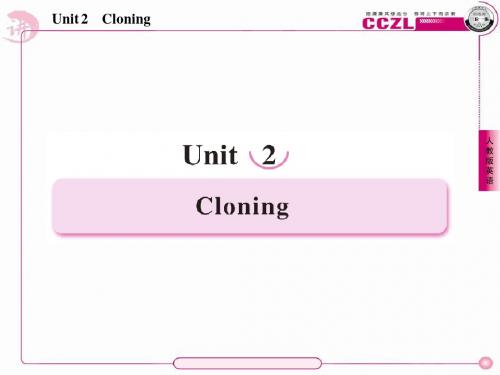
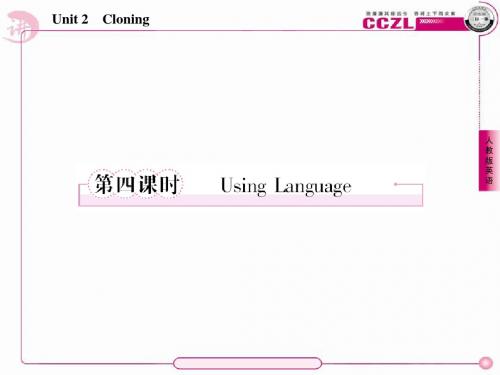
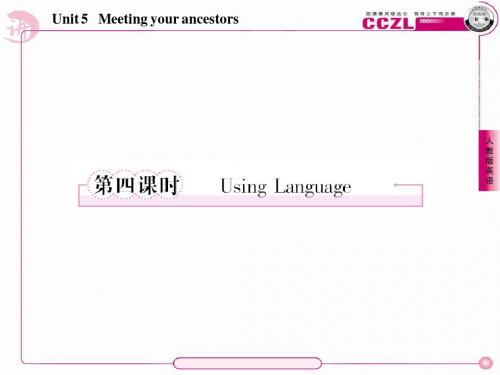
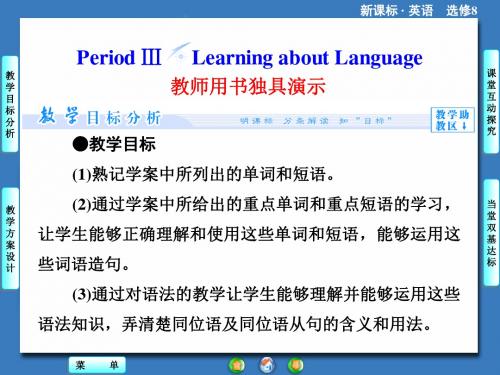
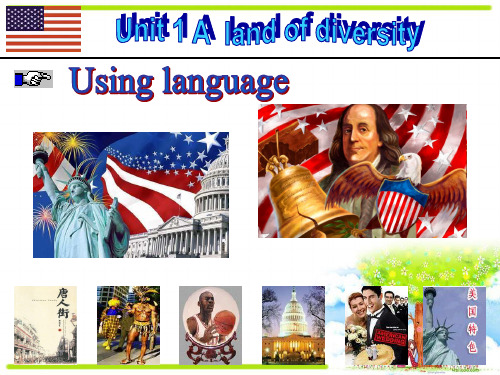

2019-2020年高中人教版英语选修8教学案:Unit 4 Section Ⅲ Grammar —过去分词(短语)作状语(含答案)语法图解探究发现①Now once taught by me, she'd become an upper class lady ...②But, sir, (proudly) once educated to speak properly, that girl could pass herself off in three months as a duchess at an ambassador's garden party.③Although wounded all over, the brave soldiers continued to fight.④Lost in the forest, you should first of all remain where you are, waiting for help to come.⑤Seriously injured, he had to be taken to hospital.⑥Followed by his wolf-dog, the hunter walked slowly in the forest.⑦He was found lying on the ground, his hands tied.[我的发现](1)句①~⑥中的过去分词分别在句中作条件状语、条件状语、让步状语、时间状语、原因状语和方式状语。
(2)过去分词表示被动或已经完成的动作。
作状语时,可以单独使用,如句④、句⑤、句⑥;也可以在其前面加上适当的连词,如句①、句②和句③。
(3)过去分词的逻辑主语必须与句子的主语保持一致,如果不一致,我们常在过去分词前加上其逻辑主语,构成独立主格结构,如句⑦。
一、过去分词(短语)作状语过去分词(短语)表示被动,表示动作已经完成,其逻辑主语则为句子的主语。
Section_ⅣLearning_about_Language_&_Using_Language [原文呈现] [读文清障]THE FEAST:18,000 BC①Worried about the preparations for her feast②,Lala quickly turned for home with her collection of nuts, melons③and other fruit. It was the custom of family groups to separate④and then gather again at different sites for reunious as they followed the animal herds across the grasslands⑤. A wrinkle⑥ appeared on her forehead. If only it could be just like last year⑦!At that time she had been so happy when Dahu chose⑧her as the future mother of his children. He was the best toolmaker in the group and it was a great honour⑨for her to be chosen. She remembered the blood pulsing⑩through her veins⑪.She had felt so proud as the group shouted loudly to applaud⑫his choice⑬. If only she had looked ahead⑭and planned better this year! Then she wouldn't have been feeling so worried now.①BC公元前②形容词短语Worried about ...作原因状语,意为“因担心……”。
1 / 511 / 511 / 51 1
选修8 Unit 1 A land of diversity Period 1 Reading Teaching goals Enable the students to talk about things about the USA. Help the students learn the huge diversity of races and cultures in America, especially in California. Teaching important and difficult points Learn the huge diversity of races and cultures in California. Teaching methods Fast and careful reading; asking and answering activity; individual, pair or group work. Teaching aids A map, a blackboard and a computer Teaching procedures Step 1 Warming up. Ask the students to describe what they learn about the USA. Group work: look at the map of the USA with your group. Write on the map the names of as many of the following as you can. Compare your names with other groups. Step 2 Pre-reading Ask the students to tell things about California including its location, size, population, economy, history etc. What do you learn about California? Show the students some pictures and encourage students not only to say what each picture is about but how each one relates to California. Step 3 Fast reading Read through the passage and get the main idea. Reading comprehension. Ask the students the following questions: When you look at the title, what so you think of ? A land of differences. California is a land of great differences — differences in climate, in landscape and attitude. 2) Why is the USA called a melting pot? There are many immigrants to the USA and there are many cultures and nationalities. So it is a place in which people, ideas, etc of different kinds gradually get mixed together. Beside each date note down an important event in Californian history. 2 / 512 / 512 / 51 2
Step 4 Detail reading Beside each cultural group , write the period in which they first came to California in large numbers. Cultural groups Periods Cultural groups Periods Russians early 1800s Japanese Early 1900s
Chinese Late 1840s/early 1850s Cambodians From about the 1970s Africans 1800s Koreans From about the 1970
Italians Late 1800s Danish 1911 Jewish 1920s Pakistanis From about the 1970s Step 5 After reading Why is California in the 21st century such a multicultural community? (Using 3 or 4 sentences to explain. ) Step 6 Homework Finish “Learning about language” on page 4.
15,000 years ago 16th centure 1821
1846 1848
1850
First settlers crossed the Bening Strait from Asia. These people are now known as Native Americans.
Spanish soldiers arrived in South America. California
became part of Mexico.
The US declared war on Mexico.
Gold was
discovered in California.
California became the 31st state of the US. 3 / 513 / 513 / 51 3
Period 2 Extensive Reading Teaching aims: 1. Improve Ss’ ability of reading 2. 德育目标:了解美国多元文化,进一步培养学生跨文化交际意识,为终身学习奠定良好基础。 PART I READING (P8) Step 1. Fast reading: SB P7 PART 1. Step 2. Careful reading: Read George’s diary and answer the 5 questions on Page9 PART 2 Step 3. Pay attention to the main words, phrases and sentences(根据学生实际由集体备课确定)
PART II READING TASK(WB P51) Step 1. Fast reading to find the main topic of each paragraph: Step 2. T explains some difficult points.(由集体备课确定) Step 3. Homework :read the passage fluently and recite some parts. 4 / 514 / 514 / 51 4
Period 3 Grammar Teaching aims Enable the students to use the Noun Clauses as the subject, object, predicative and oppositive. Help the students learn how to use the Noun Clauses. Teaching important and difficult points Differ the noun clauses. Teaching methods Analysis and have some discussions. Teaching procedures Step 1 Preparation Ask the students to underline the noun clauses in the following sentences. Then tell what types of noun clauses they are. 1)Whether native Americans arrived in California 15,000 years ago or 14,000 years ago is not important. Subject clause(主语从句) 2)The fact that they arrived a long time before Europeans is what matters. Appositive clause(同位语从句) & Predicative clause(表语从句) 3)I believe that the native Americans were treated badly when the first Europeans came. Object clause(宾语从句) Step 2 Discussion Ask the students to differ the Noun Clauses as the subject, object, predicative and oppositive. 名词性从句 特征 主语从句 宾语从句 表语从句 同位语从句 Step 3 Analysis 1.高考考查热点: 1)名词性从句的语序(陈述句语序); 2)几对重要关联词的区别:whether\if, what\that, what\whatever, who\whoever, etc; 3)it用作形式主语或形式宾语代替主语从句或宾语从句; 4)根据具体情景选用适当的关联词。 2.根据例句,讨论: 1)whether\if的区别 I. Please tell me if/whether you will go to the lectures tomorrow. II. It all depends on whether the sky will clear up. III. The question is whether the film is well worth seeing. IV. Whether he will be well tomorrow I’m not sure. V. Whether it is true remains a problem. A.引导宾语从句,位于及物动词后 B.引导宾语从句,位于介词后 C.引导宾语从句,放句首 D.引导表语从句,主语从句或同位语从句 whether: A, B, C, D if: A